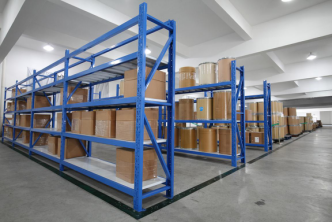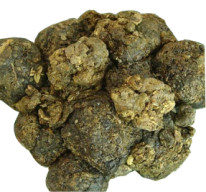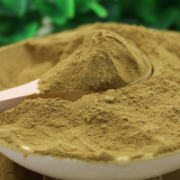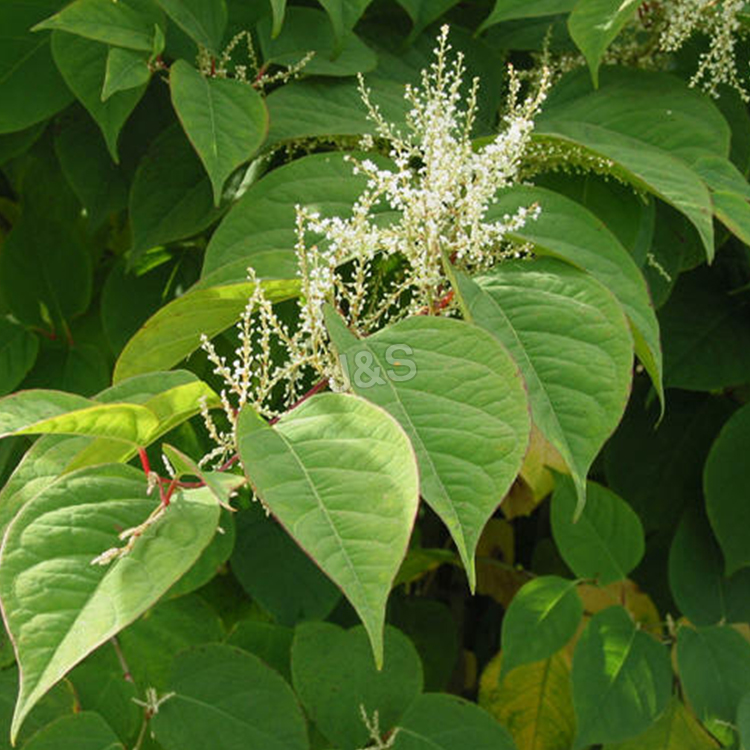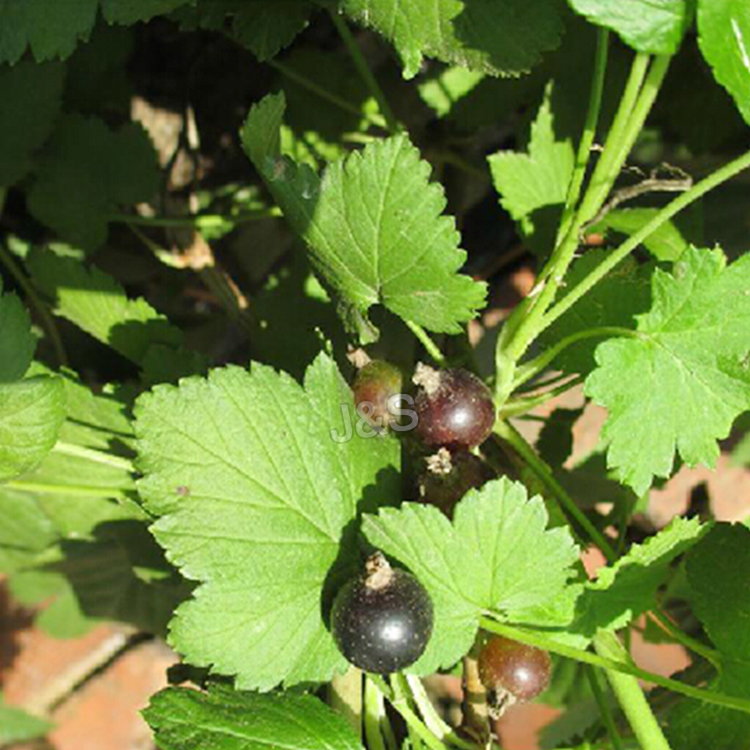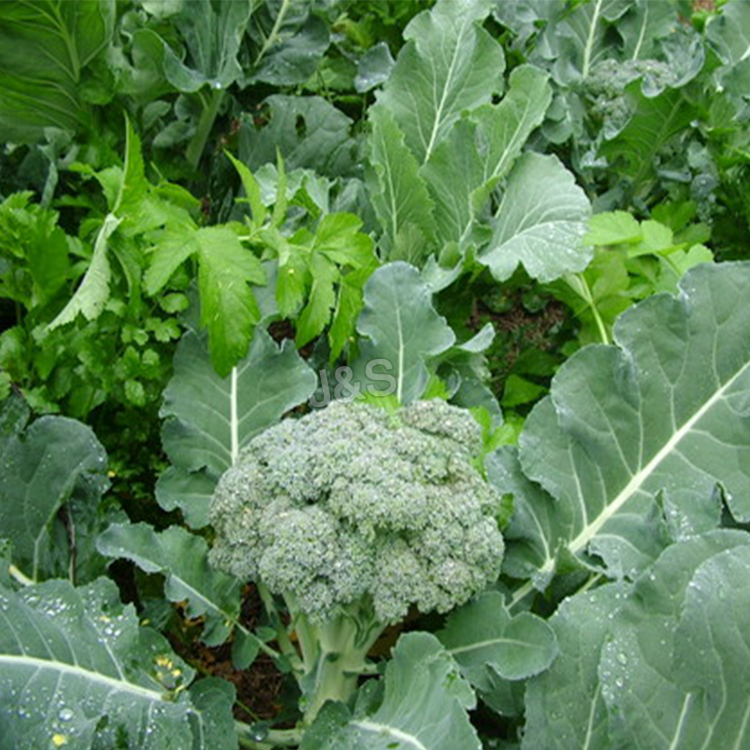New Arrival China Organic Propolis powder Factory in Moscow
New Arrival China Organic Propolis powder Factory in Moscow Detail:
[Products Name] Propolis powder, Propolis extract powder
[Specification]
Propolis content 60%,70%,80%
Water-soluble propolis powder 60%,70%,80%
[Gerneral feature]
1. Low antibiotics
2. Low PAHs, can approve to 76/769/EEC/German:LMBG;
3.Organic certified by ECOCERT, according to EOS & NOP organic standard;
4.Pure natural propolis;
5.High content of flavones;
6.Anti-block;
7. Manufacturer supply.
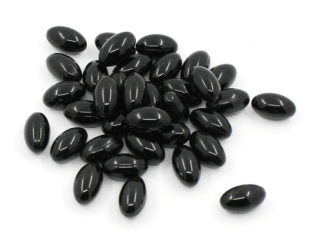

[Packaging]
1. 5kg/aluminum foil bag, 25kgs/carton.
[How to get it]
First, we collect raw propolis from beehives, then extract by low temperature with ethanol. Filter and concentrate, we get the pure propolis block at 98%. Then Low temperature crushing, adding edible and medicinal excipients, finally we get propolis powder.
[Introduction]
Propolis comes from the substance like natural resin, which is collected by the bees from exudates of plants branches and bud the chemical substances of Propolis are found to be various, such as beeswax, resin, incense lipids, aromatic oil, fat-soluble oils, pollen and other organic matter. Studies have shown that the source of propolis resin in material has three types: bees collected plants secreted fluid, secretion in vivo metabolism of bee, and involvement in the process of forming the material.
We can supply Propolis Extract with food-grade and medicine-grade .The raw materiall is came from non-polluting food grade propolis .Propolis extract was made of high-grade propolis. It maintains the propolis effective ingredients during the procedure of extraction under constant low temperature , taking off the useless substances and sterilization.
[Function]
Propolis is a natural product processed by bees mixed with glutinous and its secretion.
Propolis contains more than 20 kinds of useful flavonoids, rich vitamins, enzymes, amino acids and other microelements, etc. Propolis is called “purple gold” owing to its valued nutrients.
Propolis can remove free radical, lower blood sugar and blood fat, soften blood vessels, improve micro-circulation, enhance immunity, anti-bacteria and anti-cancer.
Product detail pictures:

Related Product Guide:
We're going to commit ourselves to giving our esteemed customers along with the most enthusiastically considerate providers for New Arrival China Organic Propolis powder Factory in Moscow , The product will supply to all over the world, such as: Holland, New York, Holland, You can let us know your idea to develop unique design for your own model to prevent too much similar parts in the market! We will offer our best service to satisfy all your needs! Please contact us right away!
Jeg sætter et propolisgitter i min bifamilie.
Spanish/Nat
The cochineal- a parasite that produces pigment used in textiles and cosmetics – is in danger of extinction in parts of Peru.
The parasite has been farmed in Peru since pre-Columbian times and is a highly sought after product.
Peru is the largest cochineal producer in the world, but drought and a lack of government investment have devastated much of the industry.
Cochineal farming is a lucrative business in Peru.
Some agricultural communities dedicate as much as 60 per cent of their land for the cultivation of the cactus on which the cochineal thrives.
This small bug- or parasite- is the only natural producer of the dye carmine- a deep vermilion colour.
Carmine is used in the pharmaceutical and food industry – as well as on textiles and cosmetics.
SOUNDBITE (Spanish)
“The cochineal is used for lipstick, for make up and cosmetics.”
SUPER CAPTION: Flor de Maria Jayo, farmer
A combination of the effects of the weather phenomenon El Nino, and lack of government support for farmers have had devastating results.
In some areas production has dropped dramatically, and in many areas ceased completely as lack of water kills the cochineal, and destroys the roots of the plants on which it lives off.
SOUNDBITE (Spanish)
“Water in the area is very expensive. It’s 60 or 70 soles per water tank and one tank is not enough for a Hectare, so we need at least for water tanks a month to feed the plant properly, since it needs a lot of water.”
SUPER CAPTION: Valentin Ayma, farmer
In the Manchay region these farmers last year harvest between 15 and 20 kilogrammes per hectare every three months.
But this year they have not had a single harvest.
Synthetic dyes have in the past largely excluded cochineal from European countries and the United States.
But its popularity is growing in Western markets, as consumers move away from artificial dyes in food, drink and cosmetics.
A kilogram of the dried parasite fetches around 26 U-S dollars on international markets.
One way to overcome the dry conditions is to set up an irrigation system.
But the financial cost of doing this is high- and local farmers expect no subsidies from the government to assist them.
The nature of the industry itself, and the way production is spread out among thousands of small holding is exacerbating the problem.
SOUNDBITE (Spanish)
“One of the problems the cochineal poses –and 85 percent of the bug in the world comes from Peru– is that more often than not, without any reason for it, prices vary enormously. It’s a business that is shared by many small businessmen and that allows for middlemen to speculate. By hiding or releasing the product at their will, they cause havoc in the market and that’s bad for Peru.”
SUPER CAPTION: Ricardo Vega Llona, pigment producer and exporter
The cochineal has been farmed in Peru since pre-Columbian times.
Documents written by the Spanish Conquistadors when they first reached Mexico in 1518, describe how the Aztecs harvested them from cacti.
But, having survived for hundreds of years, the fate of the cochineal industry now looks bleak.
You can license this story through AP Archive: https://www.aparchive.com/metadata/youtube/619bcfccc0a3cc2a3300b7c90d24d3eb
Find out more about AP Archive: https://www.aparchive.com/HowWeWork
Perfect services, quality products and competitive prices, we have work many times, every time is delighted, wish continue to maintain!
